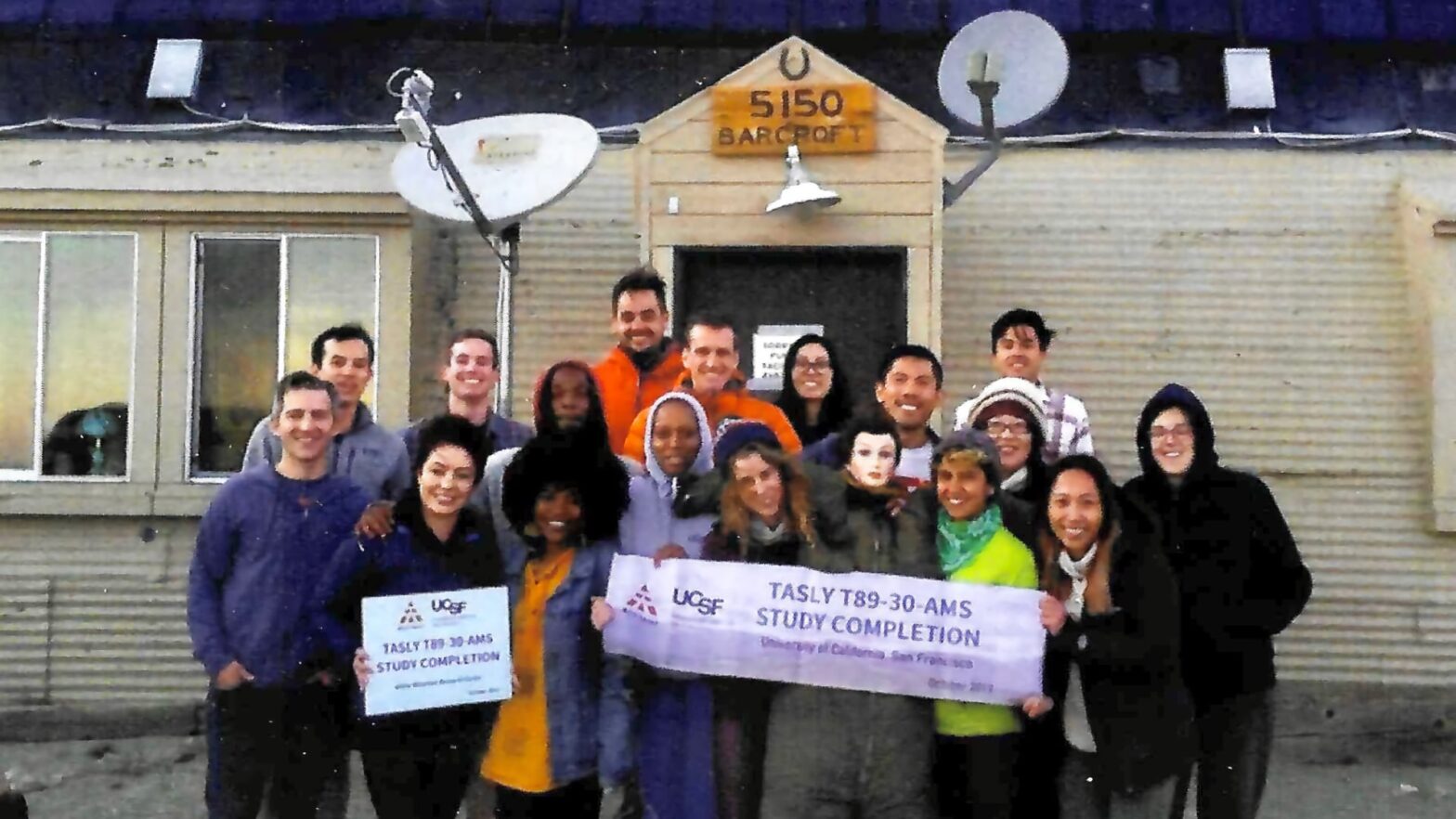
UCSF Clinical Drug Trial for Acute Mountain Sickness
Summary: The Sall Lab at UCSF, has completed a Phase 2 FDA clinical drug trial to determine the effectiveness of a new drug for AMS(Acute Mountain Sickness) called T89.
Acute Mountain Sickness (AMS) is commonly seen when people venture over 2500m (8200ft) altitude. This illness is mainly is induced by an acute exposure to the low partial pressure of oxygen at high altitude. It presents a syndrome characterized by a collection of non-specific symptoms, including headaches, gastrointestinal symptoms, fatigue, weakness, dizziness and difficulty sleeping. Severity and incidence of these symptoms depend on the speed of ascent, altitude, duration of altitude exposure, physical exertion, and inherent genetic susceptibility.
The Sall Lab at UCSF has completed a Phase 2 FDA clinical drug trial to determine the effectiveness for a new drug for AMS currently called T89. T89 capsule is a modernized form of a traditional Chinese herbal medicine whose active substances are an extract of Danshen(Radix Salivae Miltiorrhizae, RSM) and Sanqi(Radix Notoginseng, RN).
Over the summers of 2018 and 2019, the study has recruited 160 healthy subjects who were randomized into either a placebo group or one of the two dosage groups. At the lab at UCSF (sea level), subjects baseline vitals, EKG, and bloodwork are obtained, as well they are required to ride an exercise bike to exhaustion. Subjects then take their assigned medication or placebo for a few days before they are driven to WMRC Barcroft Station and these tests are repeated on subjects for the 5 day visit.